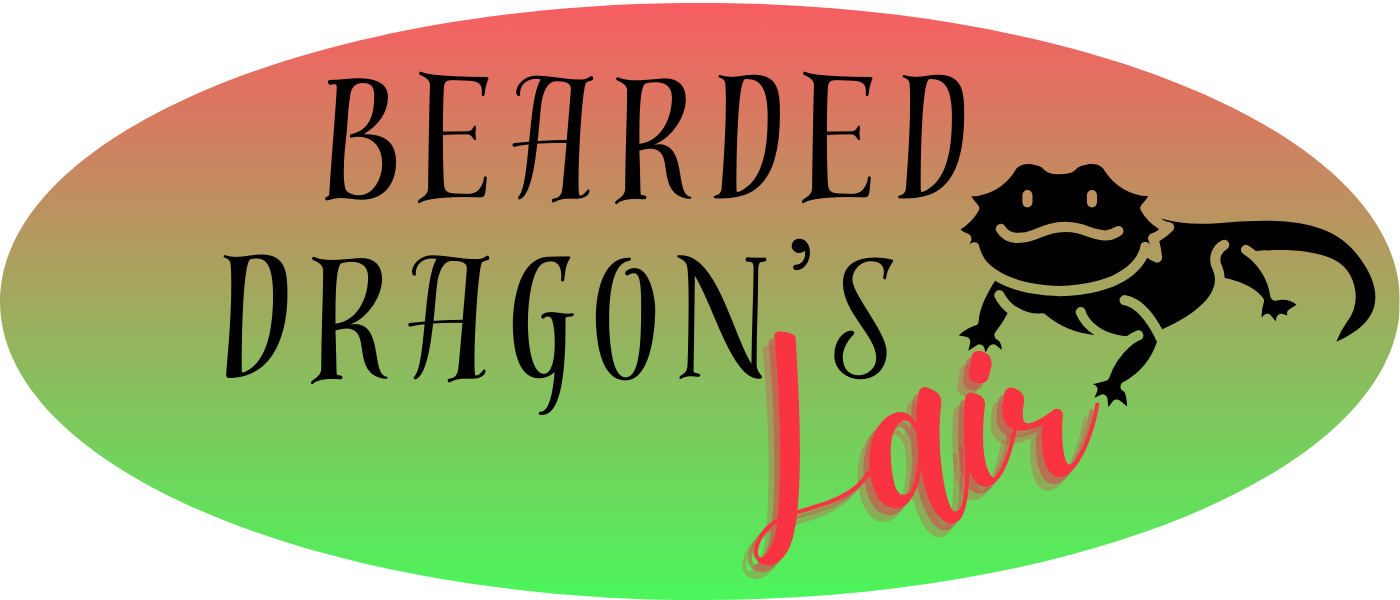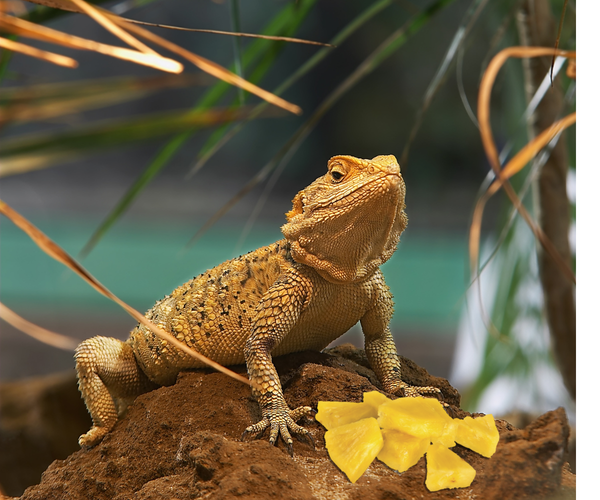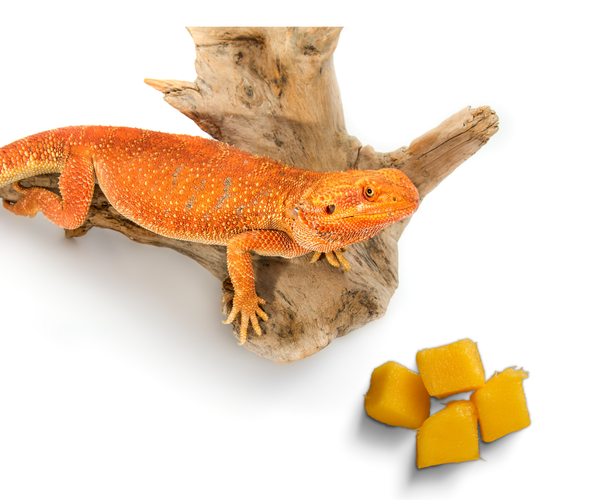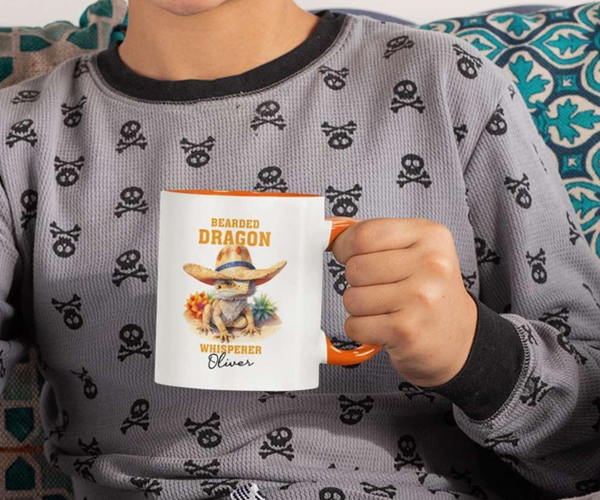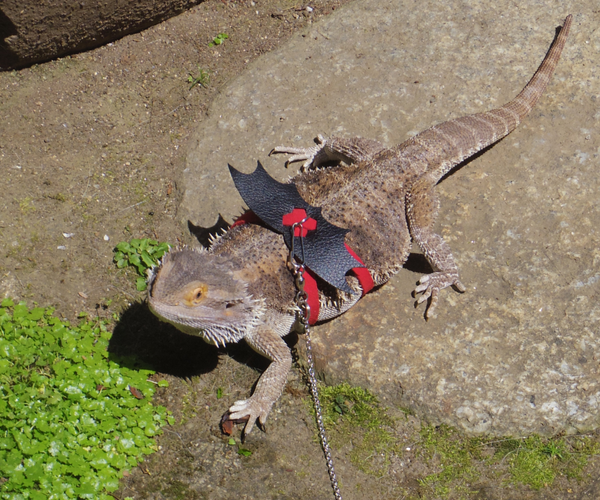Can Bearded Dragons Eat Basil?
Including basil in your bearded dragon's diet can provide essential nutrients, but it should only be a small part of their overall vegetable intake.
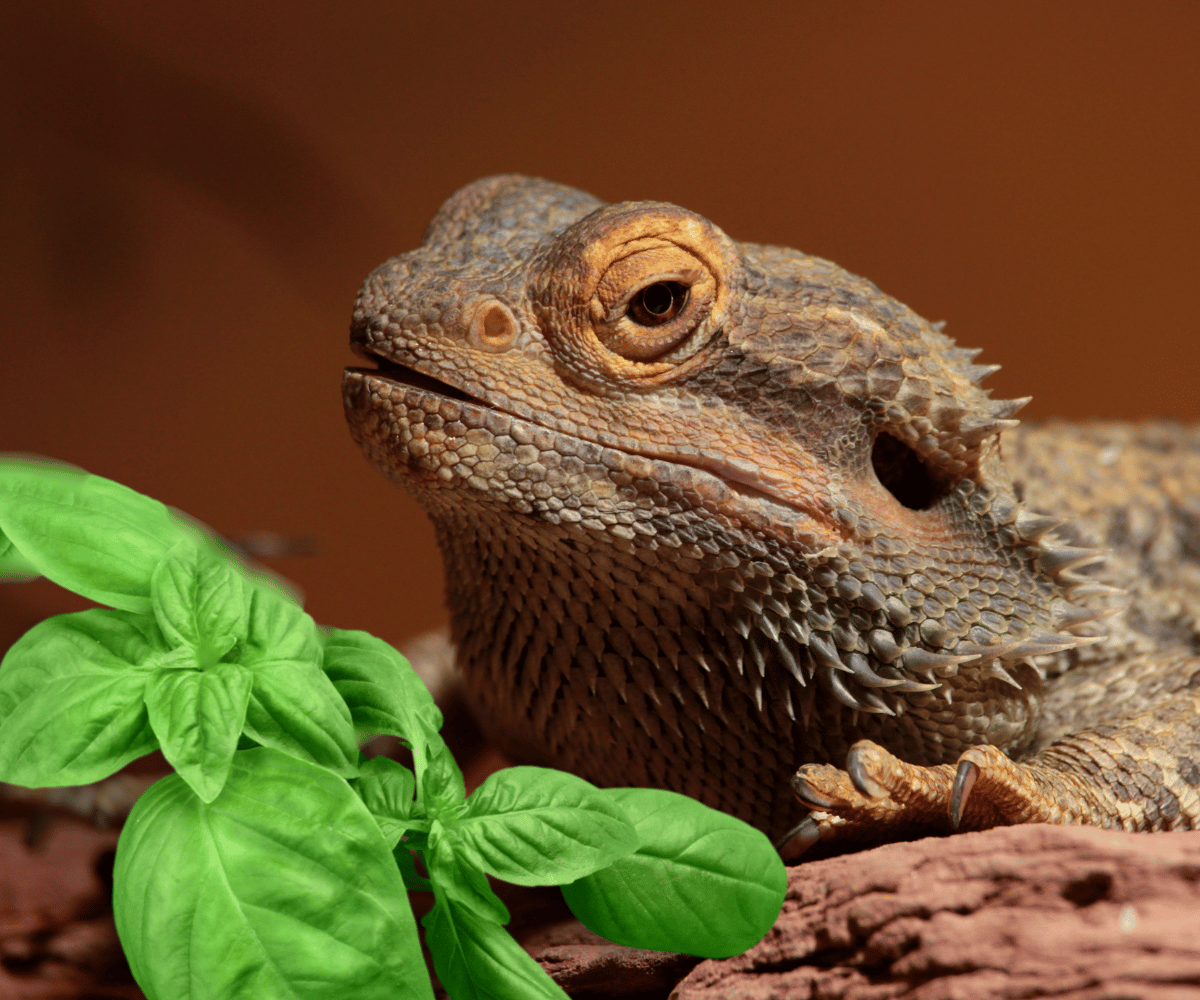
Bearded dragons are popular pets known for their docile nature and unique dietary needs. As a bearded dragon owner, understanding what is safe and beneficial for your pet to eat is crucial for their health and happiness. One common question among bearded dragon enthusiasts is whether these reptiles can eat basil. This article dives into the details of incorporating basil into a bearded dragon's diet.
Key Takeaways:
- Bearded dragons can safely consume basil in moderation as part of a varied diet.
- Basil provides essential nutrients that can benefit a bearded dragon's health.
- It's important to properly prepare basil before offering it to your bearded dragon.
Understanding Bearded Dragon Diets
Bearded dragons are omnivores, which means they thrive on a diet that includes both plant-based and animal-based foods. In the wild, their diet consists of a variety of insects, vegetables, and occasional fruits. Captive bearded dragons should have a similar diet to ensure they receive the necessary nutrients for optimal health. Vegetables and greens should make up a significant portion of their diet, especially for adult bearded dragons.
The Nutritional Value of Basil for Bearded Dragons
Basil is a leafy green herb that is often praised for its aromatic flavor and nutritional benefits. It contains vitamins A, C, and K, as well as minerals like calcium and magnesium, which are important for a bearded dragon's health. Including basil in your bearded dragon's diet can provide these essential nutrients, but it should only be a small part of their overall vegetable intake.
How to Serve Basil to Your Bearded Dragon
When introducing basil to your bearded dragon, it's important to do so properly. Fresh basil should be thoroughly washed to remove any pesticides or contaminants. It can then be finely chopped or torn into small pieces to prevent choking and make it easier for your bearded dragon to eat. Basil can be mixed with other safe vegetables and greens to create a nutritious and varied salad.
Frequency and Portion Size of Basil Feeding
Basil should be fed to bearded dragons in moderation. It is not a staple green like collard or mustard greens but can be offered as an occasional treat. A good rule of thumb is to include basil in your bearded dragon's diet no more than once or twice a week. The portion size should be small, making up no more than 10-20% of their vegetable intake for that meal.
Potential Risks of Feeding Basil to Bearded Dragons
While basil is safe for bearded dragons, there are potential risks associated with feeding it too frequently or in large quantities. Basil contains oxalates, which can bind to calcium and other minerals, potentially leading to nutrient deficiencies if consumed in excess. It's important to balance basil with other vegetables that are low in oxalates to avoid any health issues.
Other Herbs and Greens to Include in a Bearded Dragon's Diet
In addition to basil, there are several other herbs and greens that can be included in a bearded dragon's diet. These include cilantro, parsley, and mint, which should also be offered in moderation. Staple greens like turnip greens, dandelion greens, and escarole should make up the bulk of the vegetable portion of their diet.
Foods to Avoid in a Bearded Dragon's Diet
While many foods are safe for bearded dragons, there are certain items that should be avoided. These include avocado, rhubarb, and iceberg lettuce, which offer little nutritional value and can be harmful. It's important to research each food item before introducing it to your bearded dragon's diet to ensure it is safe and healthy.
The Importance of a Varied Diet for Bearded Dragons
A varied diet is key to providing your bearded dragon with the nutrients they need to thrive. This means offering a mix of safe vegetables, greens, insects, and occasional fruits. Variety not only ensures a balanced intake of nutrients but also keeps mealtime interesting for your bearded dragon, which can encourage healthy eating habits.
Monitoring Your Bearded Dragon's Health and Diet
Regularly monitoring your bearded dragon's health and diet is essential. Pay attention to their eating habits, weight, and behavior to ensure they are getting the right nutrients and not experiencing any adverse reactions to their food. Consult with a veterinarian who specializes in reptiles if you have any concerns about your bearded dragon's diet or health.
Summary
Basil can be a healthy and flavorful addition to a bearded dragon's diet when offered in moderation. It provides essential vitamins and minerals that can benefit your pet's health. However, it's important to balance basil with other vegetables and greens to prevent any potential risks associated with overconsumption. Always ensure a varied diet and monitor your bearded dragon's health to keep them happy and thriving.
FAQ Section
Q: How often can I feed my bearded dragon basil? A: Basil should be fed to your bearded dragon no more than once or twice a week as part of a varied diet.
Q: Are there any risks associated with feeding basil to bearded dragons? A: Feeding basil in large quantities or too frequently can lead to nutrient deficiencies due to its oxalate content. It's important to feed basil in moderation.
Q: What other vegetables and greens are safe for bearded dragons? A: Safe vegetables and greens for bearded dragons include turnip greens, dandelion greens, escarole, cilantro, parsley, and mint. These should be offered in moderation and as part of a varied diet.
